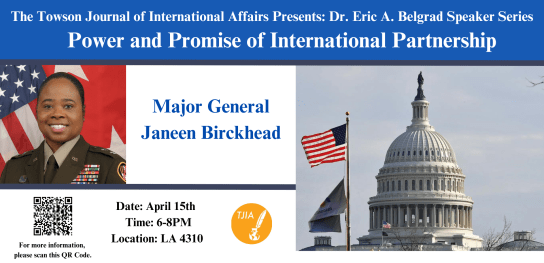Mary Olson
Abstract: This article addresses two major questions regarding the United States’ relationship with international human rights treaties: Why has the United States refused to ratify certain treaties, and should the United States ratify these treaties? The self-definition of the US as a moral leader on the world stage helps to explain why the United States refuses to ratify specific treaties, as it sees itself as being outside of the international human rights laws that bind other states. To demonstrate this argument, this article uses as case studies the following instances of the US’s failure to ratify human rights treaties: the Convention on the Elimination and Discrimination of All Forms against Women, the Optional Protocol to the Convention against Torture, and the Convention on the Rights of the Child. Much of the content of the treaties has already been written into either federal or state law. Failure to ratify these key treaties has led to the weakening of the US as a moral leader. This article argues that the US’s position on international human rights could be improved by demonstrating its substantive compliance with these treaties despite not having ratified them. It could do so by including its own record in the Annual Human Rights Report issued by the Bureau of Human Rights and Humanitarian Affairs, and in the Universal Period Review, issued every four years by the Human Rights Council.
Key words: International Law, Human Rights, United States, Ratify Treaties


